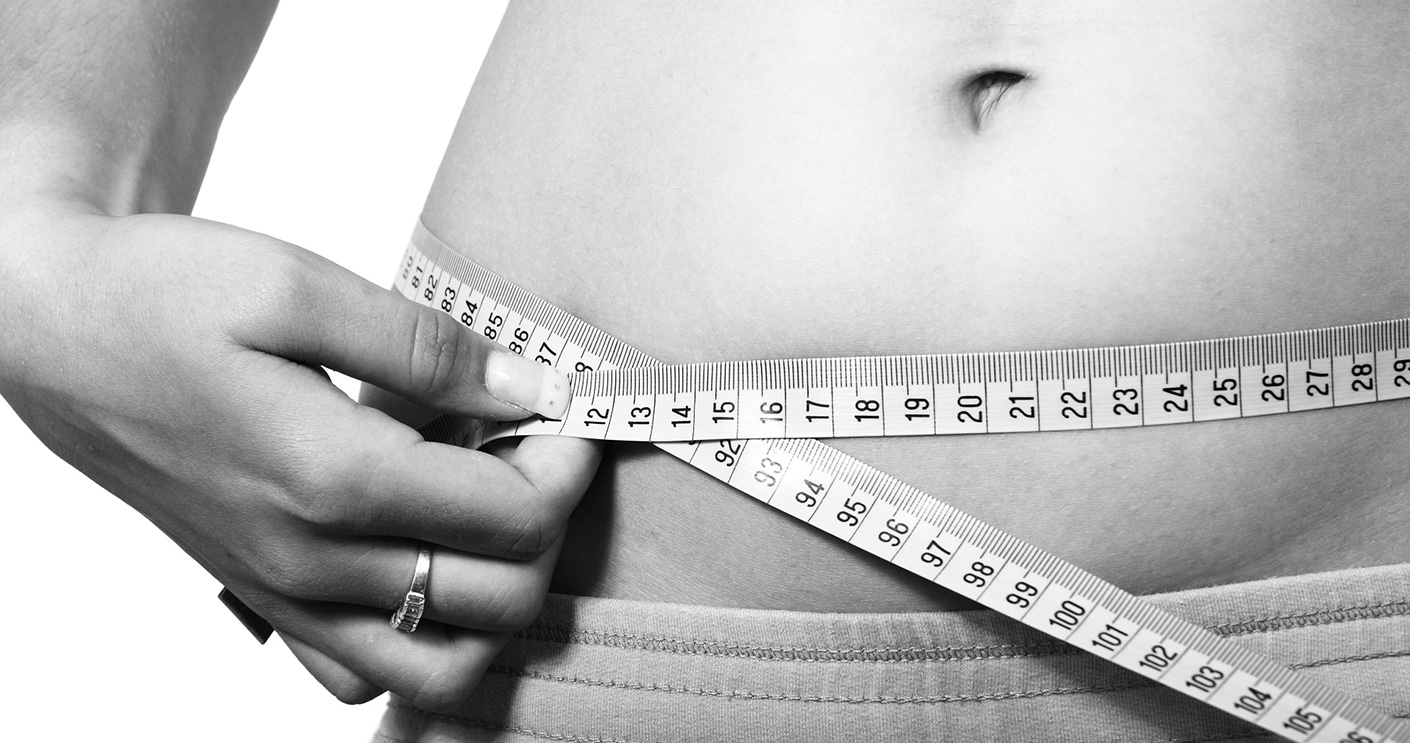In honour of Mental Health Month in New South Wales, you’ll see a series of articles by our leading experts from the Centre for Emotional Health. This week, Dr Jasmine Fardouly talks to us about body image.
A person’s ‘body image’ refers to the thoughts and feelings they have about the way they look. While some people have a positive body image and have high self-confidence and respect for their body, we know that the majority of young women and many young men have a negative body image and are dissatisfied with their appearance.
In Mission Australia’s national survey of over 14,000 teenagers, body image is consistently rated as one of their top three concerns. Not only are teenagers and adults concerned with their body but girls as young as five report a desire to change their appearance and are afraid of becoming fat.
This is concerning because negative body image has been linked to many harmful outcomes. For example, being more dissatisfied with your appearance is linked to poorer academic performance, increased interest in cosmetic surgery, poor self-esteem, depression and eating disorders.
Some people suggest that it may be helpful for people in larger bodies to be unhappy with their appearance in order to motivate them to lose weight. But we know that body dissatisfaction is not helpful for anyone, regardless of a person’s size. In fact, making people in larger bodies feel unhappy and ashamed of their appearance often leads them to exercise less and eat less healthily.
There are a variety of physical, psychological, and sociocultural factors that influence a person’s body image. Sociocultural factors, such as pressures from peers, family and the media are arguably the most modifiable and have been the focus of much of the research on body image.
Family, peers and the media can influence body image in a number of ways. Negative thoughts and behaviours can be learned from family and friends. Peers and family can also make critical comments about one’s appearance or engage in appearance-based teasing, which can influence negative body image. The media often portrays a narrow ideal of attractiveness that is unattainable for most people. That ideal is also often promoted on social media, such as Instagram. Accepting the societal beauty ideal and comparing your own appearance to people who match that ideal, whether it be in a magazine or on social media, can also be harmful to body image.
Improving young people’s body image is critically important. We can do this by promoting acceptance of bodies of different shapes and sizes, by reducing the opportunity people have to compare their appearance to unrealistic images and ideals and by discouraging negative appearance-related conversations among peers and families. More research and continued efforts are needed to reduce our society’s focus on appearance and increase positive body image among young people.
If you or someone you know is struggling with negative body image, seek help by contacting the Butterfly Foundation or Headspace.


 Back to homepage
Back to homepage
I was astonished with the product it has a good effect on the body and there are no side effects of the product. I couldn’t believe the results achieved with this product. Shedding an impressive 45kg, going from 100kg to 55kg, was a dream come true. click here to start your journey to a healthier lifestyle!
Maybe we need to think more carefully about the images of women that are constantly represented when we discuss the issue of body image otherwise we might just be contributing to the problem.